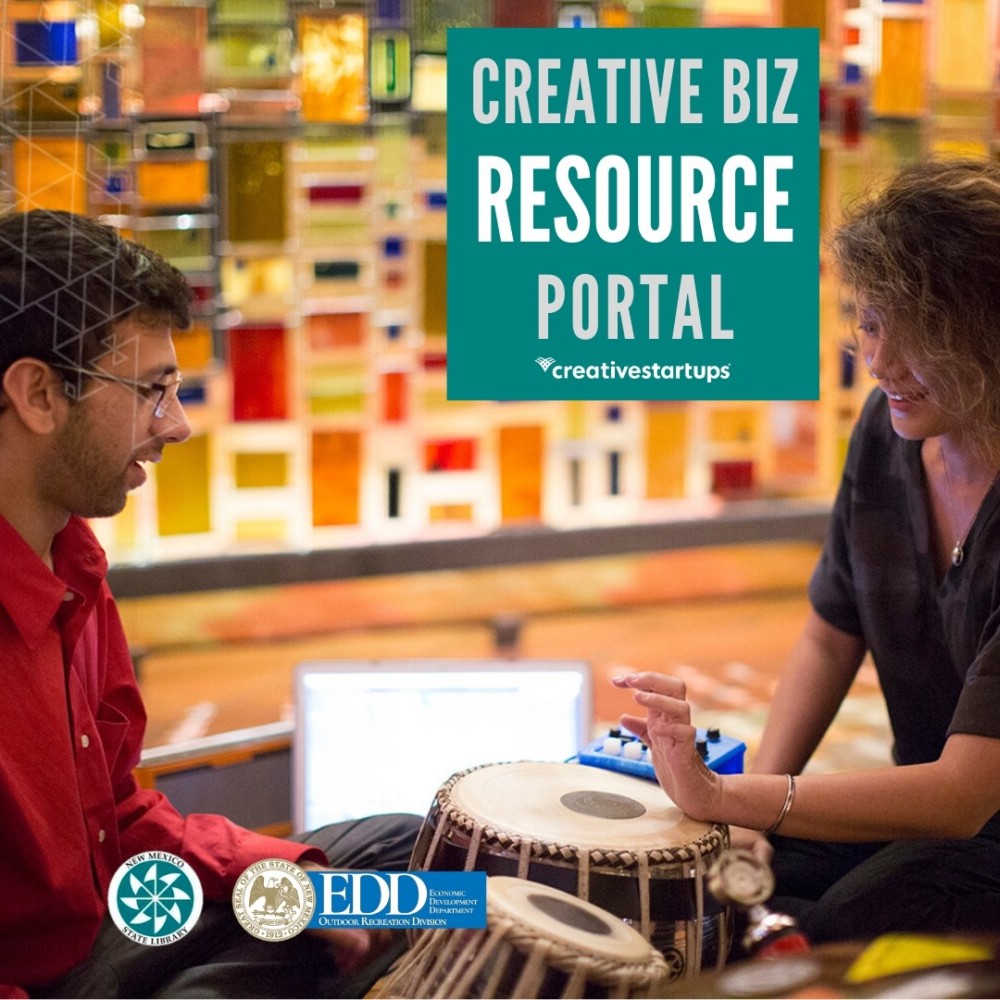By Teya Vitu
The Santa Fe New Mexican
WWR Article Summary (tl;dr) As Teya Vitu reports, “Creative Startups, a Santa Fe business accelerator, recently scrambled to convert an in-person classroom curriculum into solely online courses for its new Santa Fe Food LABS and DIY Launchpads accelerator programs.”
Santa Fe
Even in the worst of times, bold entrepreneurs in the past moved forward to launch business enterprises.
Toward that end, there may be no time like the present for budding startups to brush up on business fundamentals while much of the world sits on the sidelines (or works remotely from home).
Creative Startups, a Santa Fe business accelerator, recently scrambled to convert an in-person classroom curriculum into solely online courses for its new Santa Fe Food LABS and DIY Launchpads accelerator programs.
Eight food industry startups are signed up for Food LABS, which started March 16. But entrepreneurs can start the course whenever they wish.
“We reorganized the content to issues critical right now, like cash flow analysis, which is the 800-pound gorilla,” said Alice Loy, CEO at Creative Startups. “Some of those companies need to start thinking about the post-coronavirus economy. The message is: Don’t fall in love with your product. Fall in love with your customer. Your customers’ problems will change.”
Accelerators typically bring on industry professionals as mentors or “faculty.” Food LABS will include Santa Fe Brewing CEO Brian Loc and Eldorado Chocolate CEO Steve Prickett and numerous other mentors from around the country, Loy said.
Illustrating the global nature of education these days, Creative Startups lead faculty member Lena Ramfelt will be teaching her modules from Sweden, where she lives. She would have been in Santa Fe were it not for the global COVID-19 shutdown.
For Ramfelt, a business accelerator can help entrepreneurs with “anything urgent.”
“For most companies up and running, that is primarily about cash flow,” said Ramfelt, who for many years was part of the Stanford University faculty, teaching entrepreneurship, innovation and marketing. “I help a lot of companies around the world with that at the moment. Second thing is to give them courage to think about how they can/will develop their business after these difficult times.”
Accelerators, in a few weeks, teach basic business skills and evaluate the viability of a client’s business idea.
“Accelerators figure out what to do fast,” Loy said. “The days of people struggling for three or four years to figure out if their business idea works has ended. We find out in weeks if an idea works.”
Options to start a business have changed, too.
“It used to be a person working alone,” Loy said. “Now we have an enormous community of support.”
DIY Launchpads originally was Libraries as Launchpads, which was designed to teach outdoor recreation business courses at eight rural Northern New Mexico libraries. With libraries out of the picture for the time being, Loy refashioned Launchpads to be open to any entrepreneur, though an emphasis on outdoor recreation remains. She has moved it all online.
“With free resources including a downloadable workbook, cash flow planning template, marketing and sales templates, and an online community plus access to our facility, we have created a portal designed to help outdoor recreation, creative entrepreneurs, and any small business owners come out stronger from this crisis,” Loy said.
The “four-week” DIY Launchpads launched March 23 but is available at any time.
“Normally, the course is four weeks,” she said. “People can do it in 10 days or 100 days, whatever works for them.”
Launchpads is a collaboration among Creative Startups, the New Mexico State Library and the New Mexico Outdoor Recreation Division.
Creative Startups, coincidentally, was planning to launch these two business accelerators as its first in-person classroom courses. Creative Startups since 2013 has helped established about 23 accelerators around the world in partnership with local entities in Albuquerque, Singapore, Kuala Lumpur, Kuwait, Jordan and the Azores.
Loy was looking forward to give Santa Fe a real-life classroom setting.
“When you get together with people, two things happen that are important,” she said. “One: Peers in the program build a community amongst each other. Two: We can meet their needs better because we are sitting next to them.”
That will have to wait for another day.
___
Distributed by Tribune Content Agency, LLC.














































































































































































































































































































































































